Home>Storage Ideas>Kitchen Storage>5 Design Priorities Kitchen Professionals Want You To Know
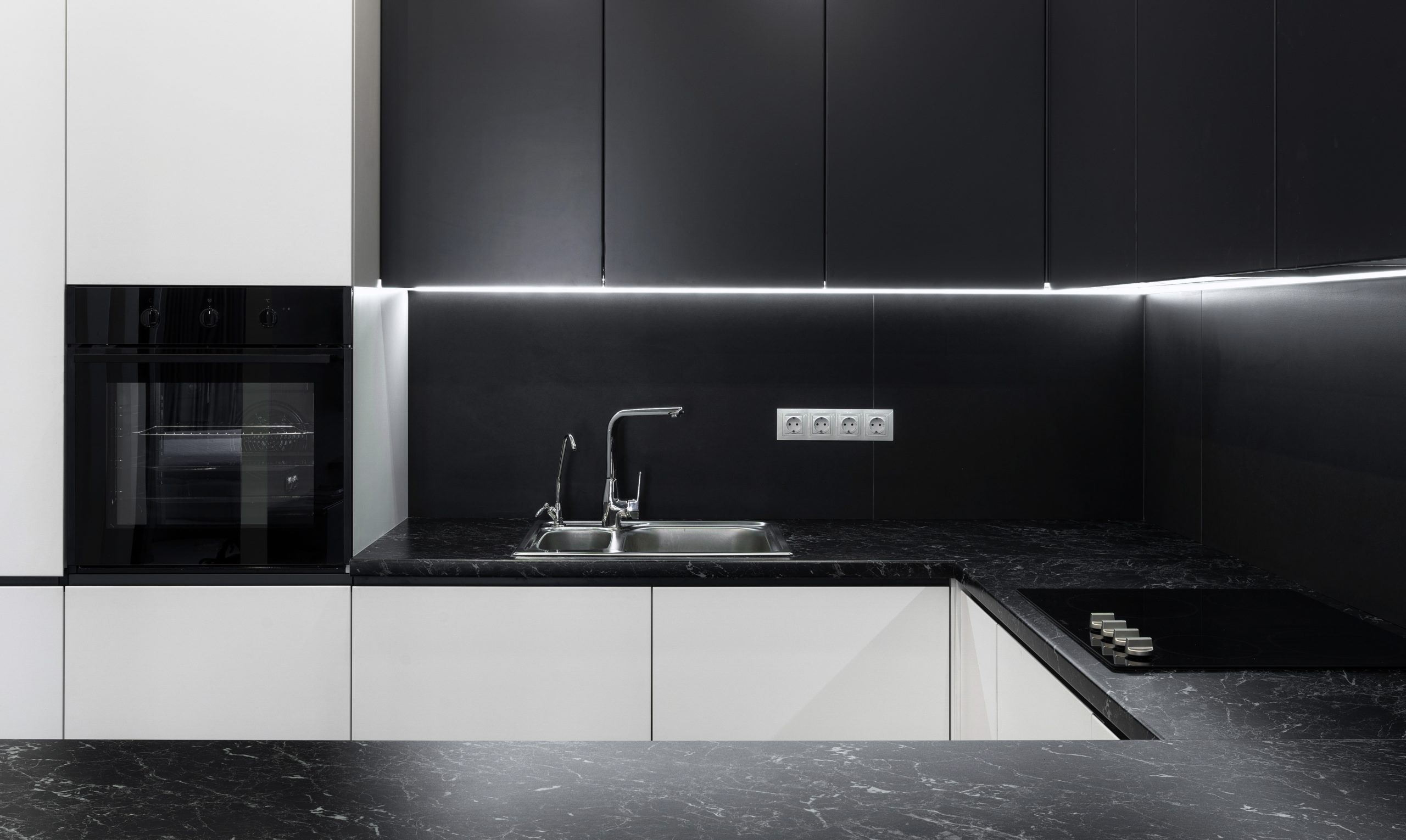

Kitchen Storage
5 Design Priorities Kitchen Professionals Want You To Know
Modified: September 1, 2024
Discover the top 5 design priorities that kitchen professionals want you to know. Get inspired with practical kitchen storage ideas to maximize space and functionality.
(Many of the links in this article redirect to a specific reviewed product. Your purchase of these products through affiliate links helps to generate commission for Storables.com, at no extra cost. Learn more)
Introduction
Welcome to the world of kitchen storage ideas! The kitchen is the heart of any home, and having a well-organized and efficient kitchen space can make all the difference in your daily cooking and meal preparation routines. Whether you’re a professional chef or simply enjoy experimenting with new recipes, having a kitchen that is optimized for storage can save you time, stress, and frustration.
In this article, we will explore five key design priorities that kitchen professionals want you to know when it comes to creating a functional and stylish storage space. From maximizing functionality to ensuring durability and aesthetics, these design principles will help you transform your kitchen into a haven of organization and efficiency.
So, let’s dive in and discover the secrets of creating a kitchen space that not only meets your storage needs but also adds beauty and charm to your home.
Key Takeaways:
- Create a well-oiled kitchen machine by prioritizing functionality, space optimization, and ergonomics. Transform your cooking space into an efficient and organized haven for culinary adventures.
- Elevate your kitchen with durable, visually appealing storage solutions that seamlessly integrate with your overall design. Prioritize quality materials, aesthetics, and smart space utilization for a stylish and efficient cooking environment.
Functionality
When it comes to kitchen storage, functionality is key. A well-designed kitchen should prioritize functionality to make cooking and meal preparation a breeze. Here are some important considerations:
- Layout: The layout of your kitchen plays a crucial role in its functionality. Consider the work triangle concept, where the sink, stove, and refrigerator form a triangle. This ensures that the three primary work areas are easily accessible and minimizes unnecessary movement.
- Cabinetry: Choose cabinets that offer ample storage space and are designed to maximize accessibility. Opt for deep drawers for pots and pans, pull-out shelves for easy access to pantry items, and specialized cabinets for storing spices, cutting boards, and baking sheets.
- Organization: Utilize storage solutions like adjustable dividers, drawer inserts, and pull-out racks to keep your kitchenware and ingredients organized. This will not only make it easier to find what you need but also helps to maximize the available space.
- Smart Appliances: Consider investing in smart appliances that can enhance functionality. For example, a refrigerator with adjustable shelves and compartments can accommodate items of various sizes, while a built-in oven with multiple cooking modes can simplify meal preparation.
By focusing on functionality, your kitchen will become a well-oiled machine, making it easier and more enjoyable to whip up delicious meals.
Space Optimization
In any kitchen, space is a precious commodity. To make the most of the available space and maximize storage capacity, here are some space optimization tips:
- Vertical Storage: Utilize the vertical space in your kitchen by installing tall cabinets that reach the ceiling. This not only provides additional storage but also creates a clean and streamlined look.
- Wall-Mounted Storage: Install wall-mounted shelves or racks to store frequently used utensils, pots, and pans. This not only frees up counter space but also keeps essentials within easy reach.
- Utilize Corners: Corner spaces are often underutilized. Install corner cabinets or incorporate pull-out shelves to maximize storage in these hard-to-reach areas.
- Under-Cabinet Storage: Make use of the space underneath your upper cabinets with under-cabinet storage solutions like hooks, magnetic strips for knives, or small shelving units for spice jars.
- Functional Island: If you have enough space, consider adding a kitchen island with built-in storage. This can provide extra countertop workspace as well as storage for appliances, cookware, or even a wine rack.
By optimizing the available space in your kitchen, you can create a more organized and efficient cooking environment, making it easier to navigate and find what you need.
Ergonomics
Ergonomics is the science of designing spaces and tools to maximize efficiency and minimize strain on the human body. When it comes to kitchen storage, incorporating ergonomic design principles can have a significant impact on your comfort and ease of use. Here are some key considerations:
- Accessible Storage: Arrange storage areas based on frequency of use. Keep commonly used items within easy reach, avoiding the need to bend, stretch, or strain to access them.
- Proper Height: Ensure that your countertops, cabinets, and shelves are at the proper height to avoid unnecessary bending or reaching. This can be particularly important for items that are used frequently, such as dishes or cooking utensils.
- Easy-Glide Drawers: Install drawers with smooth-glide mechanisms to minimize effort and strain when opening and closing them. This makes it easier to access items stored inside and reduces the risk of injury or frustration.
- Clear Pathways: Allow for adequate space between countertops and appliances to create clear pathways for movement. This helps prevent accidents and allows for easy maneuvering while cooking.
- Comfortable Handles: Choose cabinets and drawers with ergonomic handles that are comfortable to grip and easy to use. This ensures that you can open and close them effortlessly, reducing strain on your hands and wrists.
By considering ergonomics in your kitchen storage design, you can minimize the risk of injury and create a more functional and comfortable space to work in.
When designing a kitchen, prioritize functionality, storage, lighting, ventilation, and durable materials to meet the needs of kitchen professionals.
Durability
In a high-traffic area like the kitchen, durability is crucial when it comes to storage solutions. Investing in sturdy and long-lasting materials and products will ensure that your kitchen can withstand the test of time. Here are some key factors to consider:
- Quality Materials: Opt for cabinets, shelves, and storage units made from durable materials such as solid wood or high-quality plywood. These materials are resistant to wear and tear and can withstand the rigors of daily use.
- Strong Hardware: Pay attention to the hardware used for drawers, hinges, and handles. Choose high-quality hardware that can withstand frequent opening and closing without breaking or wearing out.
- Scratch and Stain Resistance: Look for storage solutions with finishes that are scratch and stain-resistant. This will help maintain the appearance of your kitchen and make it easier to clean and maintain.
- Waterproofing: Consider waterproofing measures for areas prone to moisture, such as sink cabinets or near the dishwasher. This will prevent water damage and increase the durability of your storage solutions.
- Warranty: Check for warranties and guarantees offered by manufacturers. A longer warranty period indicates confidence in the durability and quality of the product.
By prioritizing durability in your kitchen storage choices, you can ensure that your investment lasts for years to come, saving you time and money on replacements or repairs.
Read more: 5 Small Upgrades To Make Your Kitchen Shine
Aesthetics
While functionality and durability are essential, the aesthetics of your kitchen storage cannot be overlooked. A well-designed and visually pleasing kitchen can elevate the overall ambiance of your home. Here are some tips to consider when it comes to the aesthetics of your kitchen storage:
- Color and Finish: Choose a color scheme and finish that complements the overall style of your kitchen. Whether you prefer a modern, minimalist look or a rustic, farmhouse feel, selecting the right colors and finishes can enhance the visual appeal of your storage solutions.
- Hardware and Knobs: Pay attention to the details by selecting hardware and knobs that match the overall aesthetic of your kitchen. Whether you opt for sleek and modern handles or vintage-inspired knobs, these small accents can make a big impact on the overall look and feel of your cabinets.
- Open Shelving: Consider incorporating open shelves into your kitchen design. Not only do they provide an opportunity to display your favorite dishes or decorative items, but they also add a touch of charm and character to the space.
- Lighting: Don’t forget about lighting when it comes to showcasing your kitchen storage. Use under-cabinet lighting to highlight your countertops and display areas. This can create a warm and inviting atmosphere while making it easier to see and access your stored items.
- Integration with Overall Design: Ensure that your storage solutions seamlessly integrate with the overall design of your kitchen. This includes considering the style, materials, and finishes of your cabinets, shelves, and other storage elements.
By paying attention to the aesthetics of your kitchen storage, you can create a visually appealing and harmonious space that will make you proud to show off your kitchen to guests.
Conclusion
In conclusion, designing a kitchen space that prioritizes functionality, space optimization, ergonomics, durability, and aesthetics is essential for creating a well-organized and visually pleasing environment. By following the advice of kitchen professionals and incorporating these design priorities, you can transform your kitchen storage into a streamlined and efficient space that meets your unique needs and personal style.
Remember to consider the layout of your kitchen, utilizing vertical and wall-mounted storage to maximize space. Incorporate ergonomic design principles to ensure comfort and ease of use, and choose durable materials that can withstand the demands of daily use. Don’t neglect the aesthetics of your kitchen storage, as it can significantly enhance the overall ambiance of your home.
By striking the right balance between functionality, space optimization, ergonomics, durability, and aesthetics, you’ll create a kitchen that not only meets your storage needs but also brings joy and inspiration to your culinary adventures.
So, roll up your sleeves, take inspiration from these design priorities, and start transforming your kitchen into a haven of organization, efficiency, and beauty.
Frequently Asked Questions about 5 Design Priorities Kitchen Professionals Want You To Know
Was this page helpful?
At Storables.com, we guarantee accurate and reliable information. Our content, validated by Expert Board Contributors, is crafted following stringent Editorial Policies. We're committed to providing you with well-researched, expert-backed insights for all your informational needs.
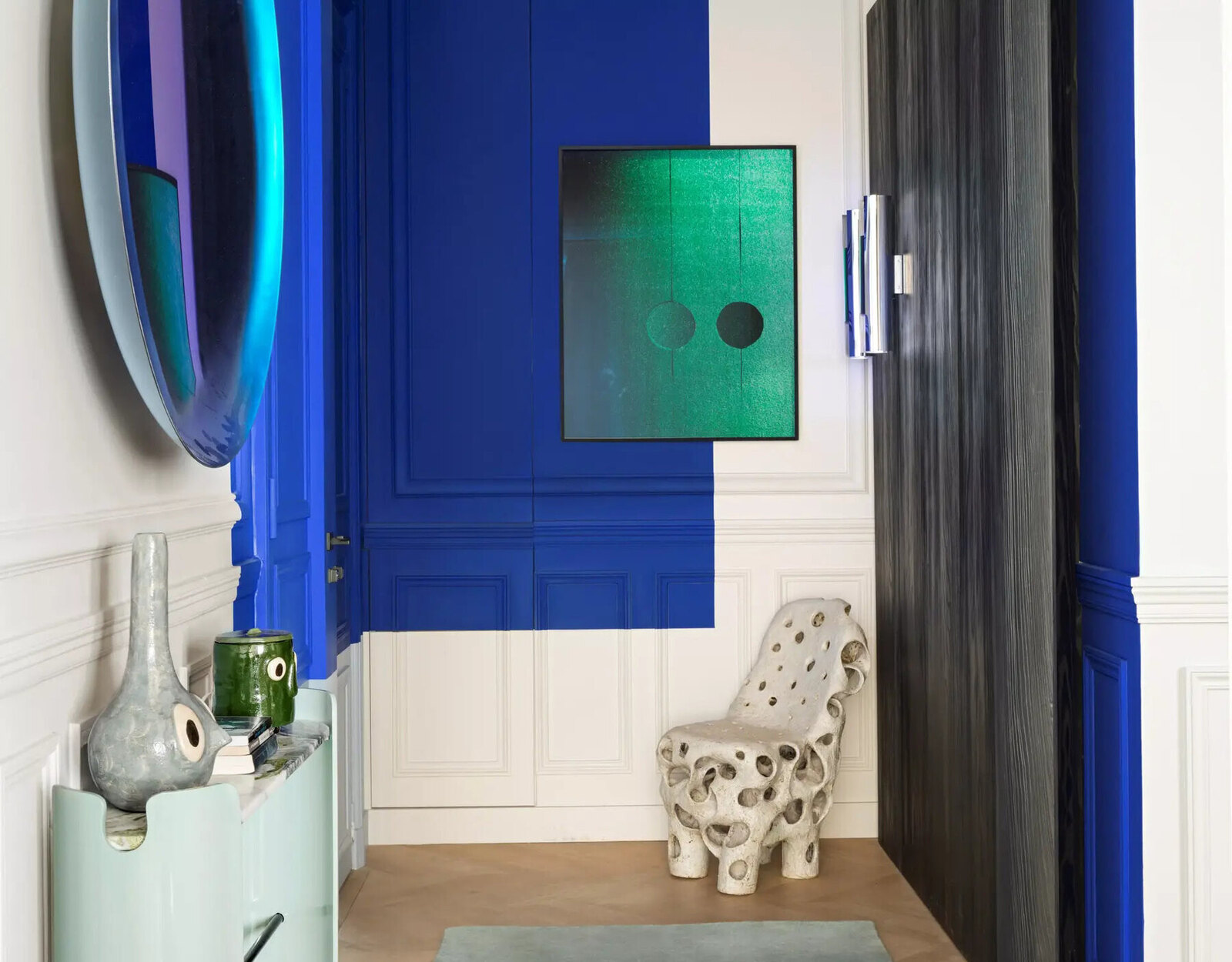
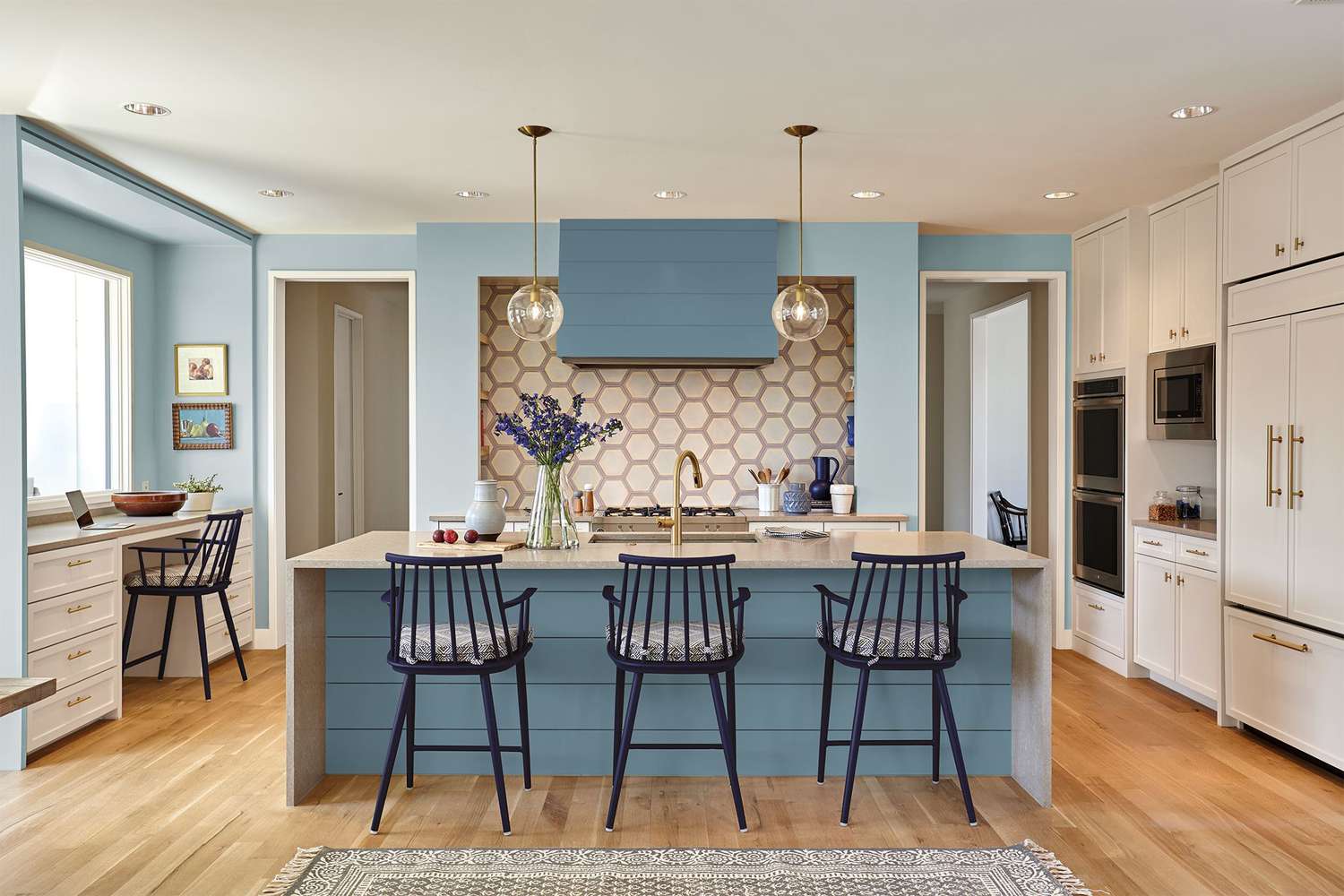
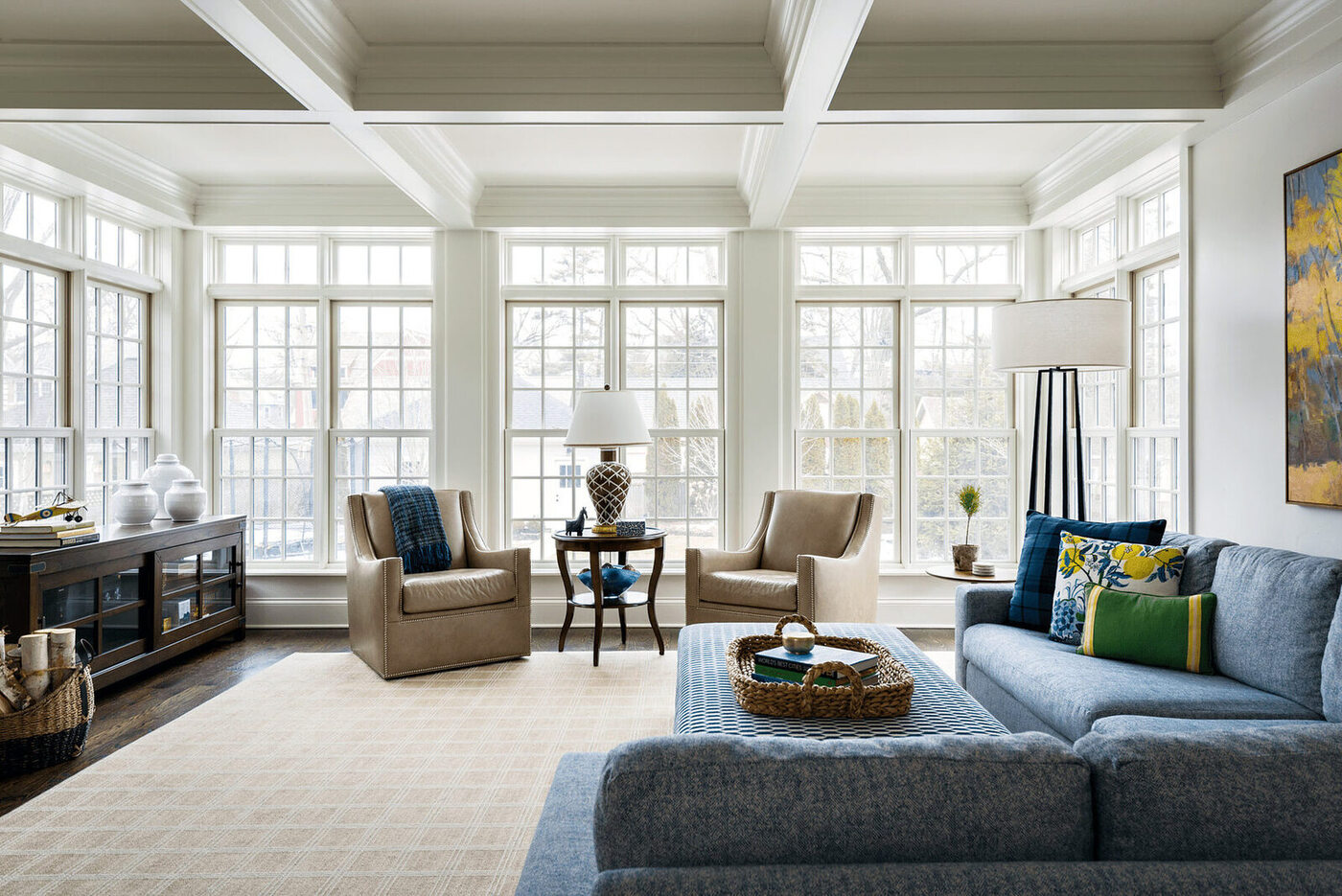
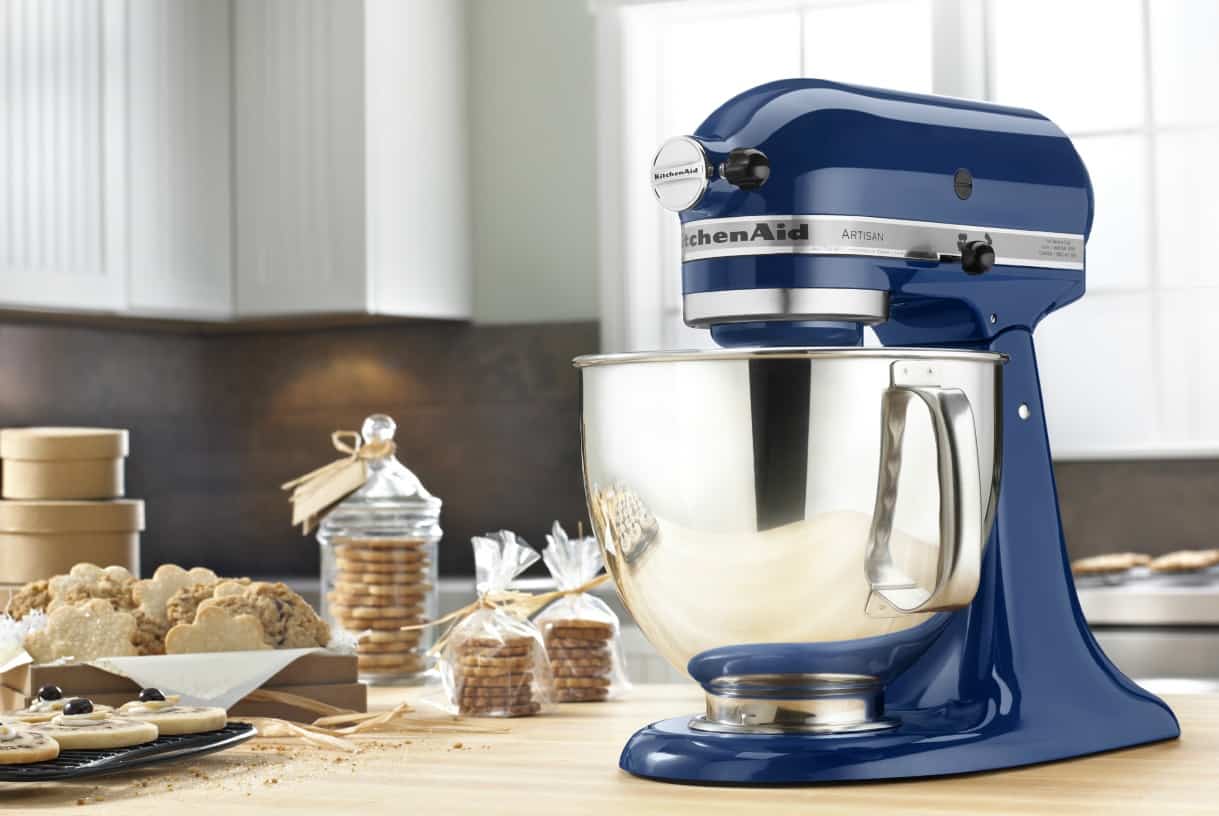
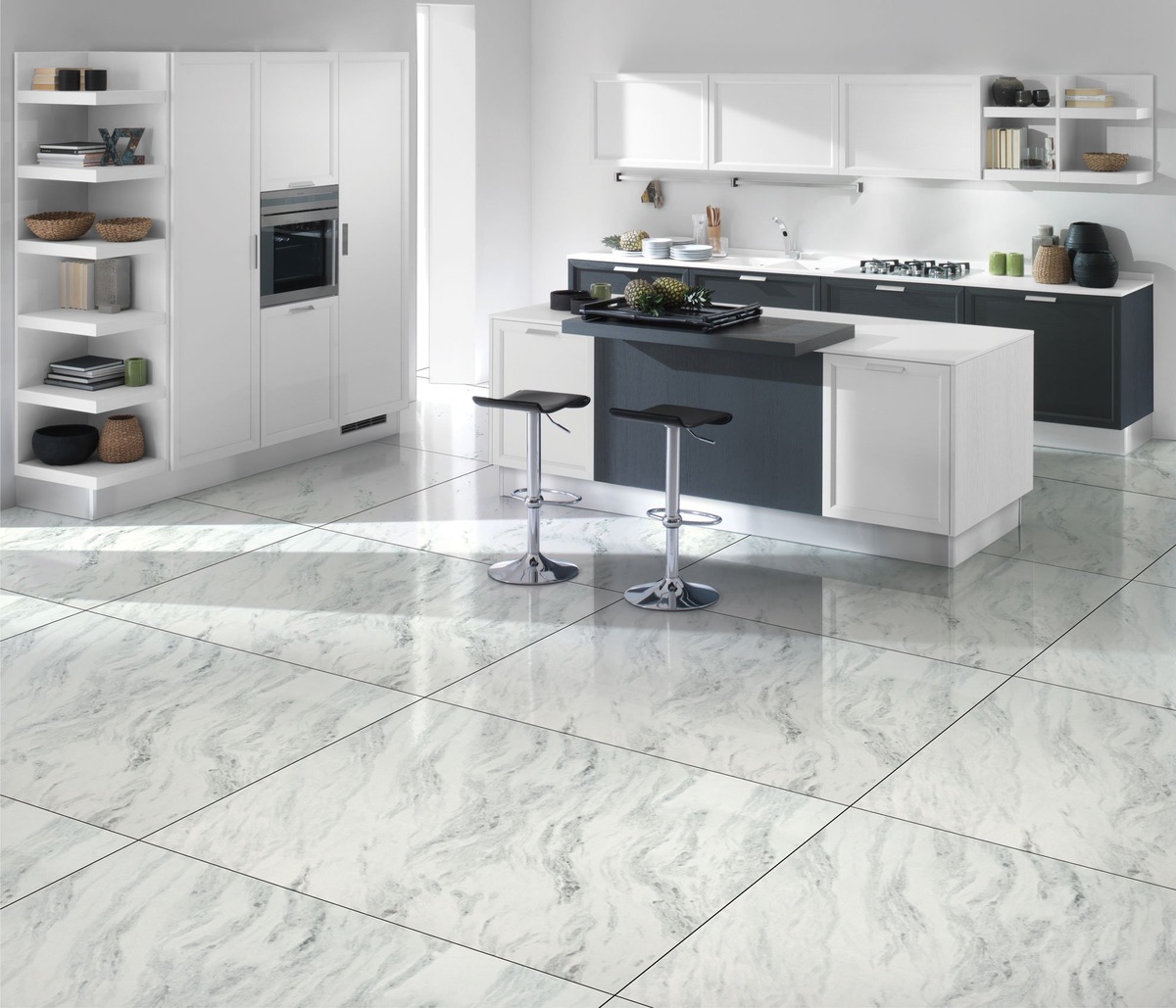
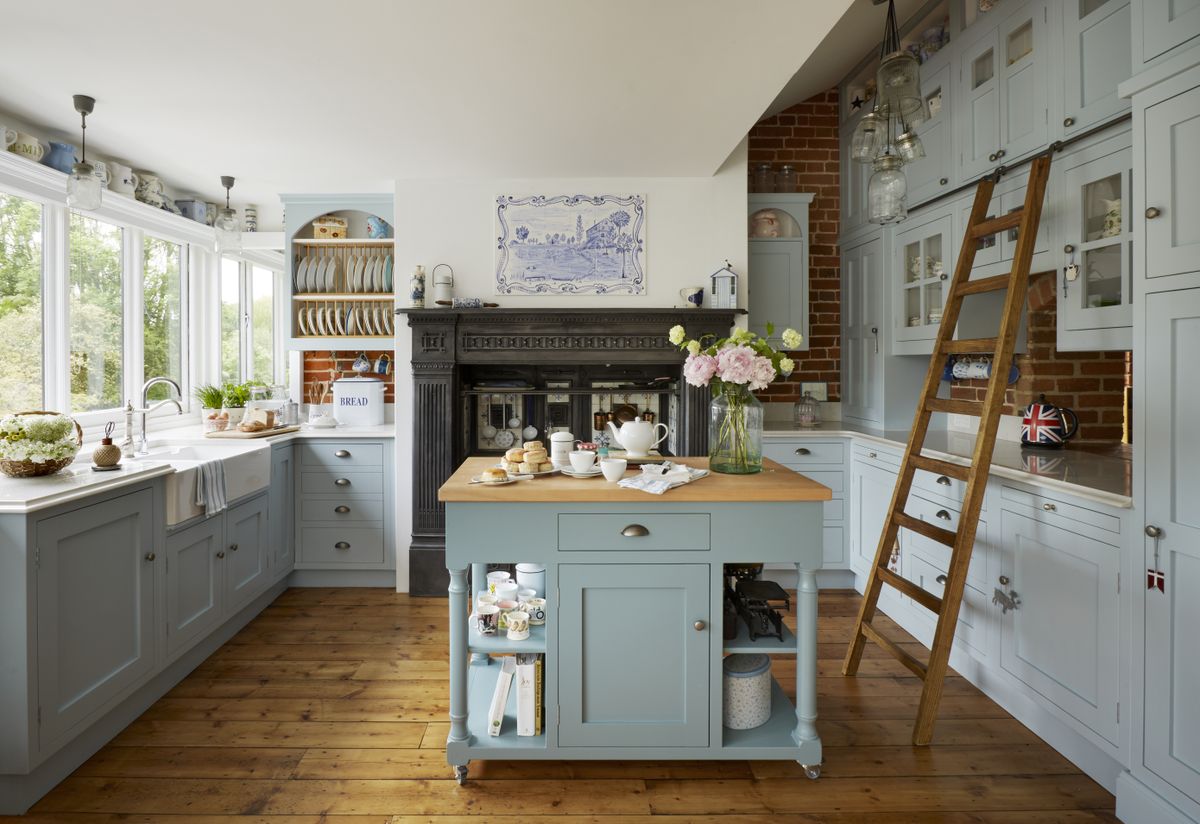
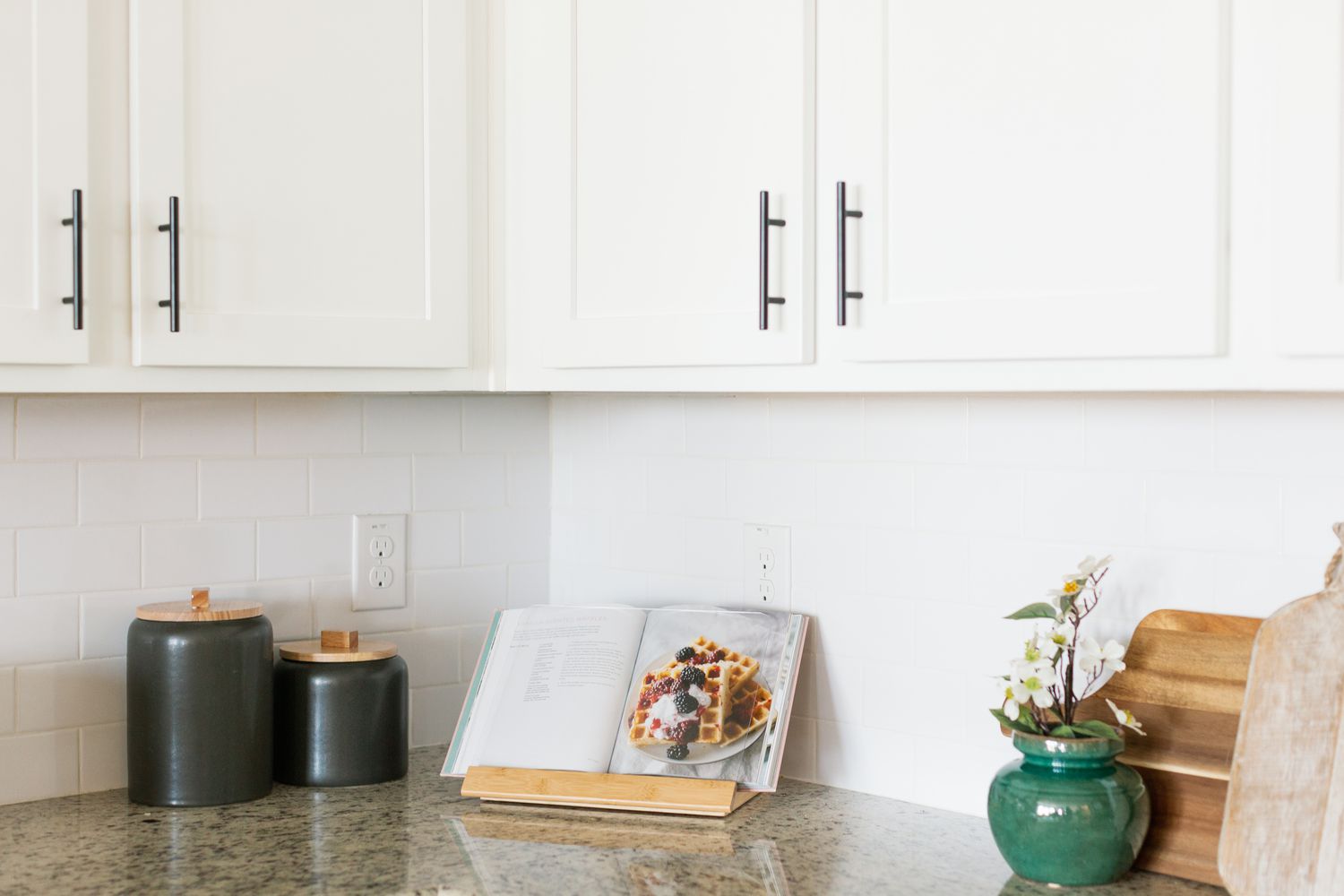
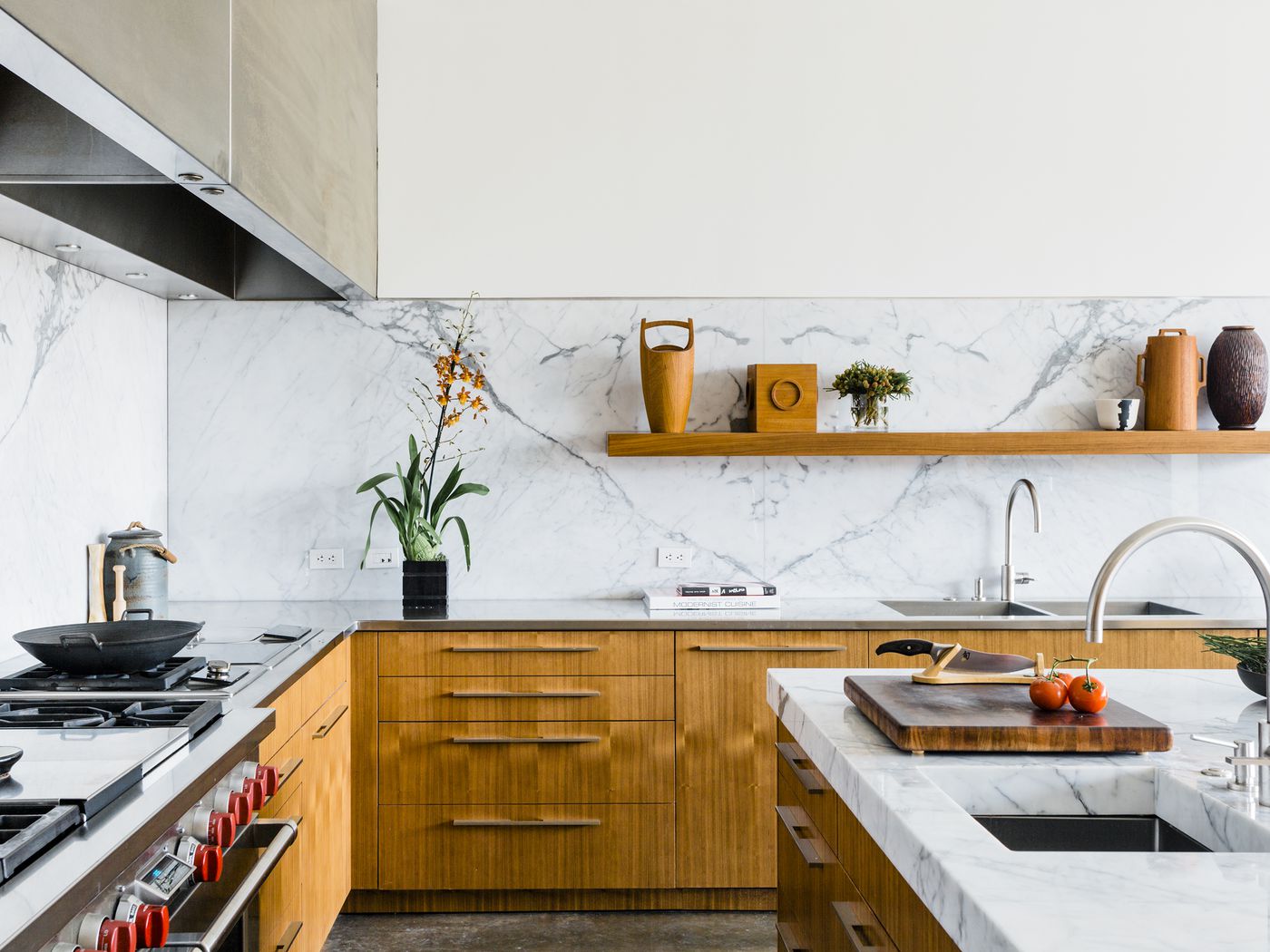
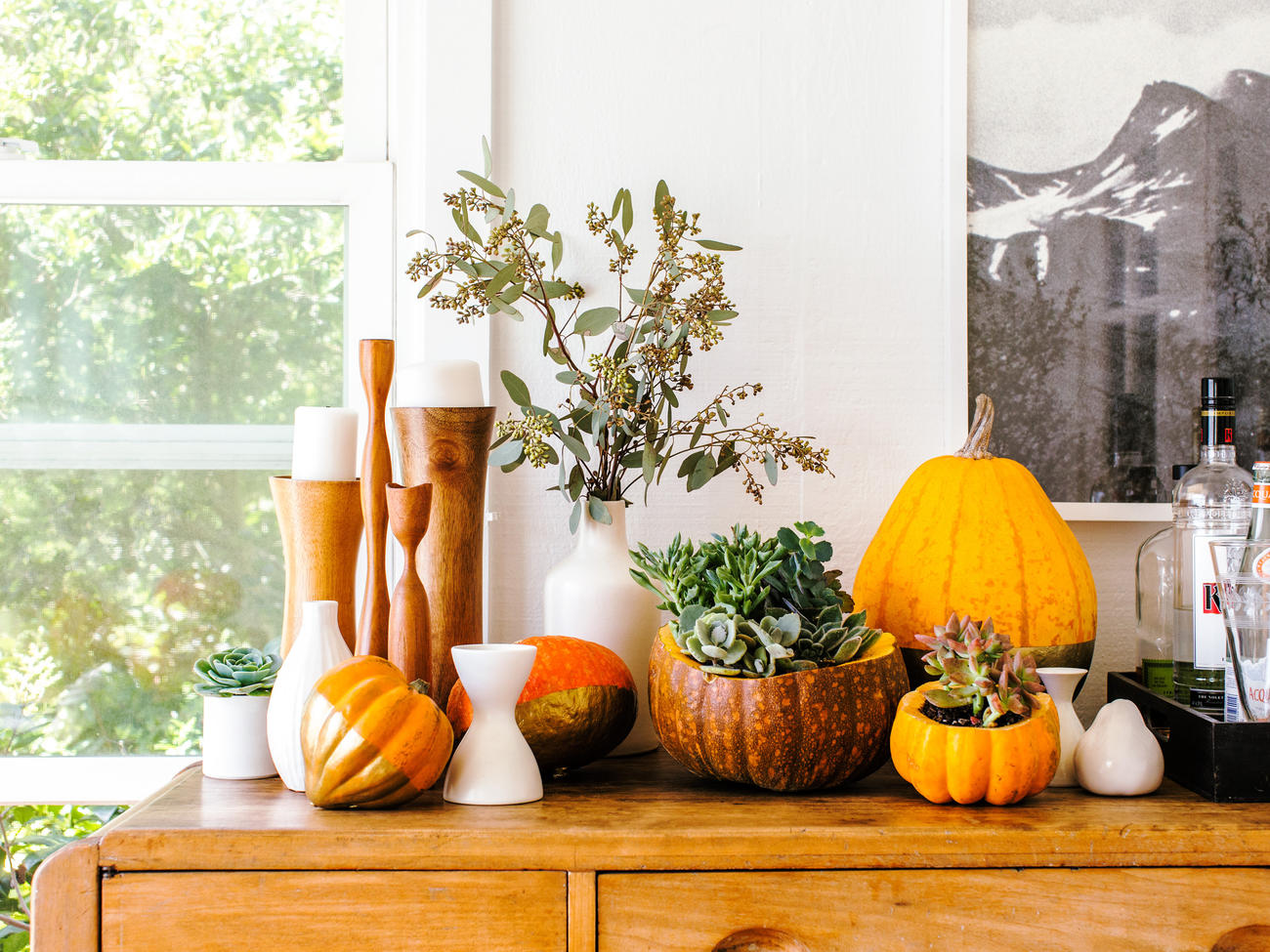
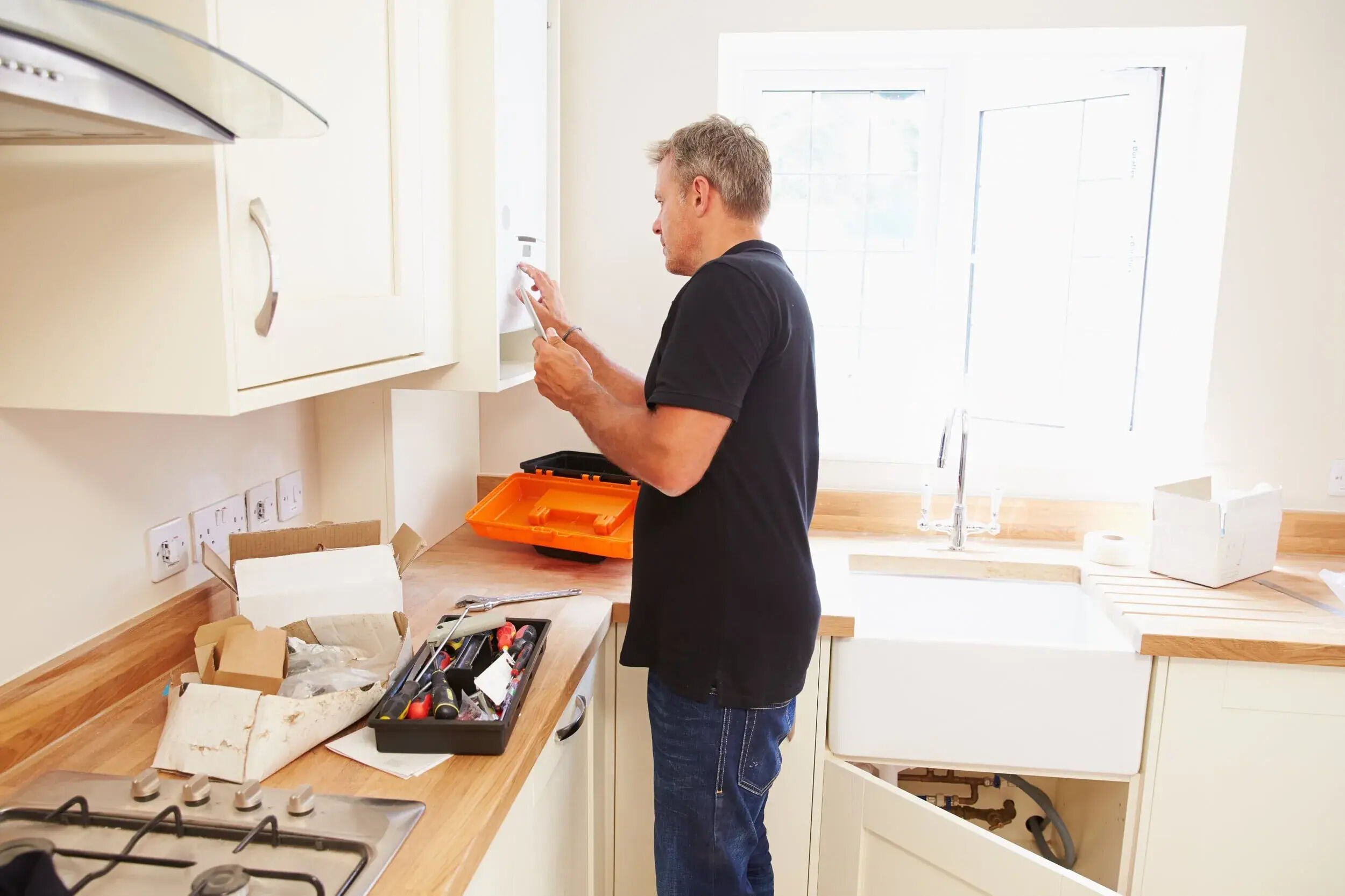
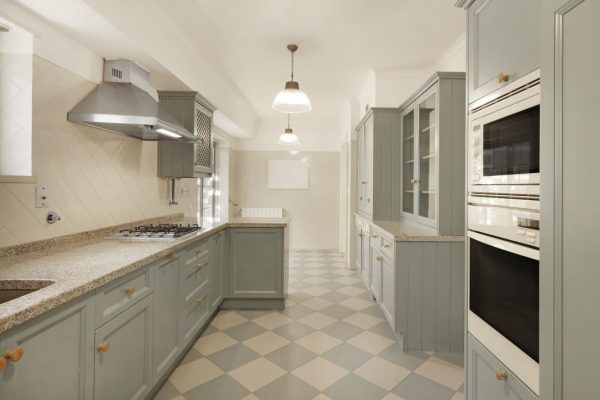
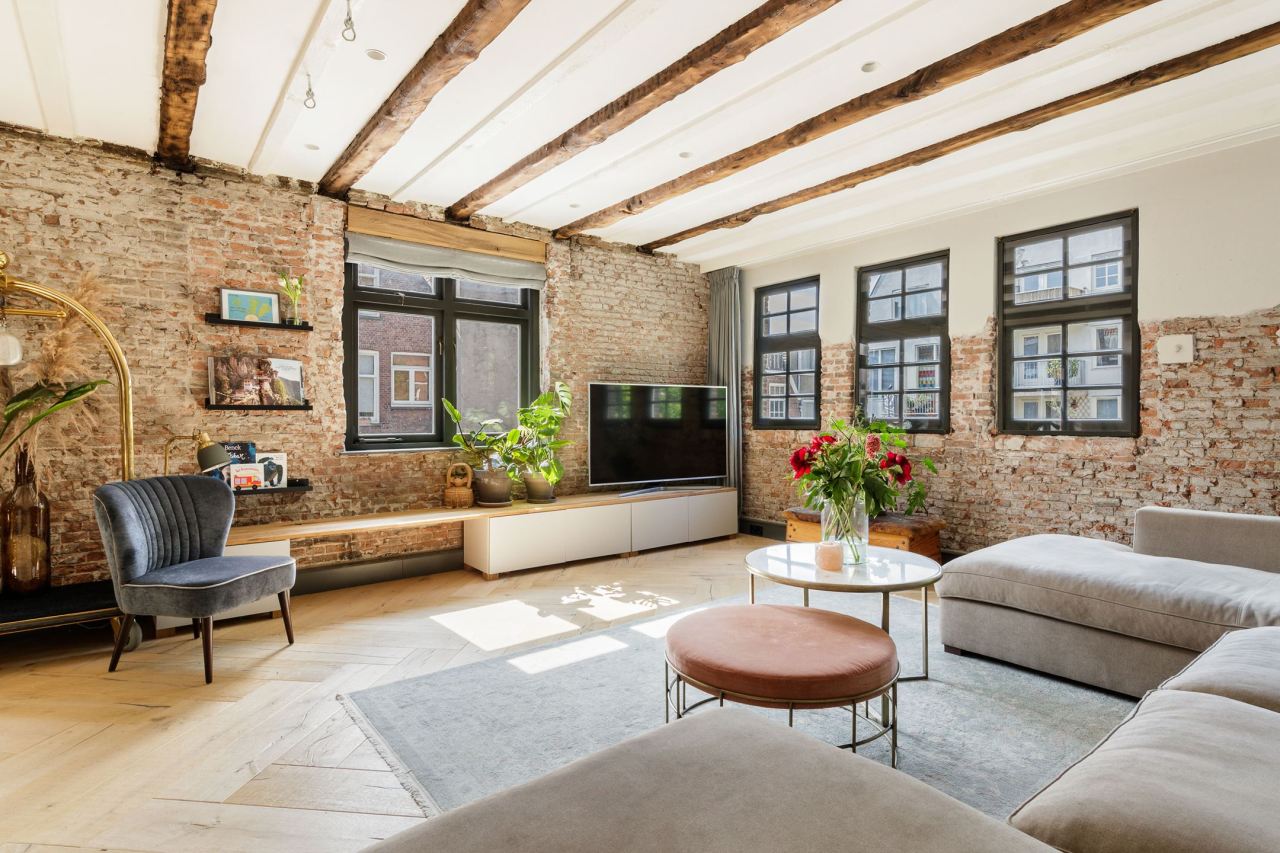
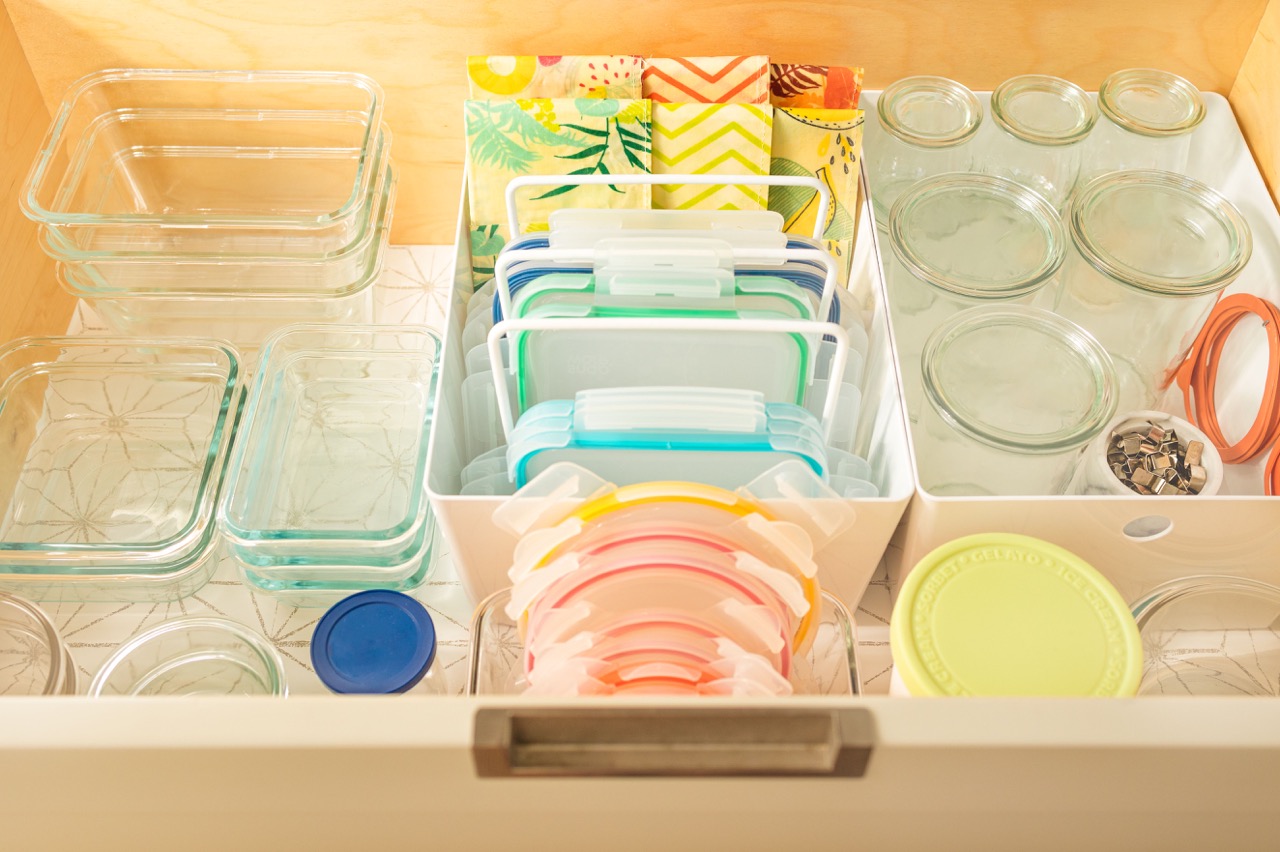
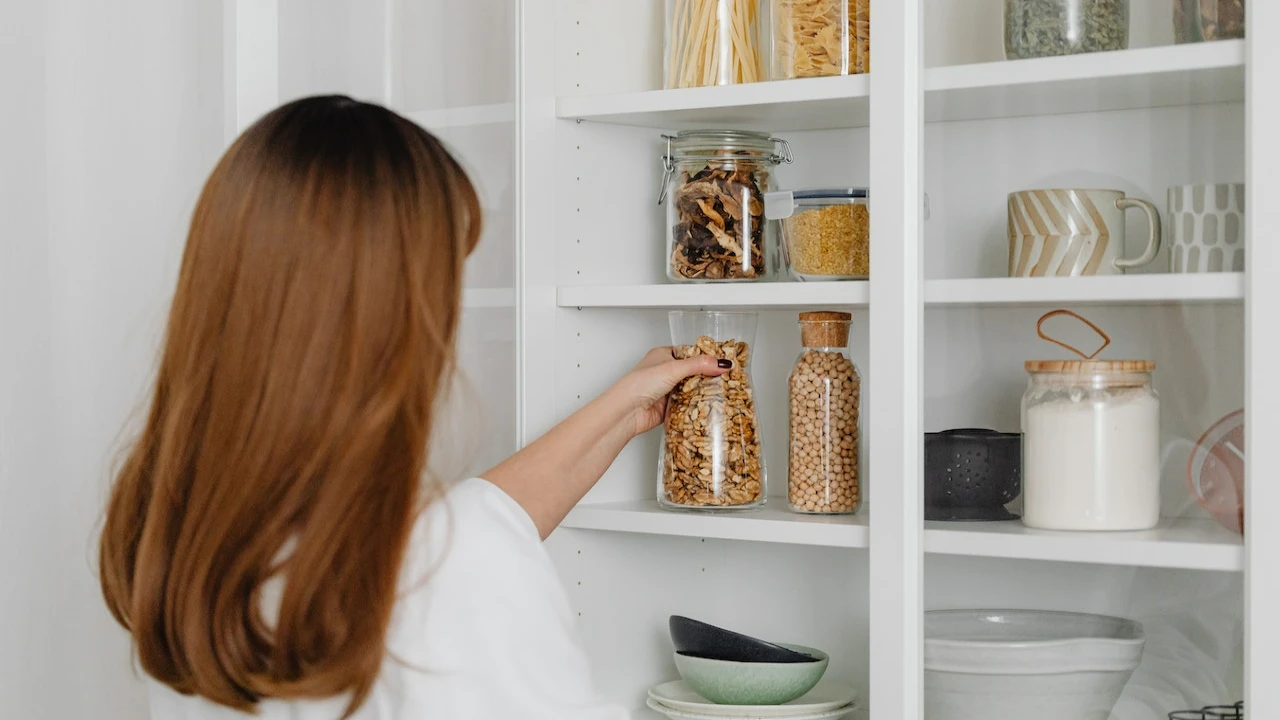

0 thoughts on “5 Design Priorities Kitchen Professionals Want You To Know”